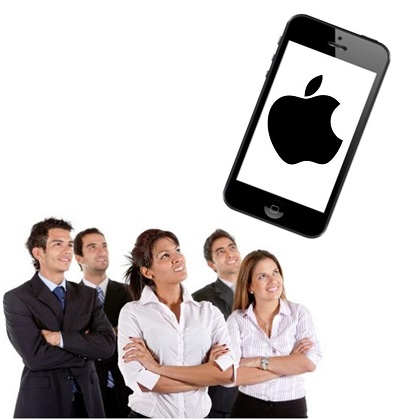Apple has taken its first official step into the world of mobile commerce with the introduction of the iPhone 6 and Apple Pay. The new iPhone will have a variety of features that make it popular with long term iOS fans, but it will also be equipped with an NFC chip that allows it to participate in mobile commerce. NFC support has been something that Apple customers have been wanting for a long time. When the iPhone 5 was unveiled, iOS fans criticized Apple for its lack of NFC support.
Apple Pay is meant to make mobile payments more convenient among consumers. Numerous financial institutions have announced their support for the service, which means that a lot of people will be able to use Apple Pay without having to open accounts with financial firms that they are not comfortable with. The service has also been embraced by numerous companies in the retail industry, which are beginning to grow more inclusive when it comes to mobile commerce. This is nothing new in the mobile space, however.
 When it comes to mobile commerce, many financial institutions and retail organizations embrace new services in order to connect with mobile consumers more effectively. This behavior is also common among consumers. People often embrace new services as they become available, but jump from one service to the next as they see fit. Apple Pay is not immune to this behavior, and if it cannot provide consumers with enough incentive to continue using it, people will find something similar, but more aligned with their interests.
When it comes to mobile commerce, many financial institutions and retail organizations embrace new services in order to connect with mobile consumers more effectively. This behavior is also common among consumers. People often embrace new services as they become available, but jump from one service to the next as they see fit. Apple Pay is not immune to this behavior, and if it cannot provide consumers with enough incentive to continue using it, people will find something similar, but more aligned with their interests.
Apple Pay has one thing that is working against it: NFC technology. Ironically, Apple had initially been leery of NFC because of its supposed lack of security. With the iPhone 6, NFC technology has been embraced by the company, but the device will not work with any other mobile payments platform apart from Apple Pay. This means that iPhone 6 owners will not be able to use their device’s NFC chip with any other NFC-enabled mobile commerce service.

